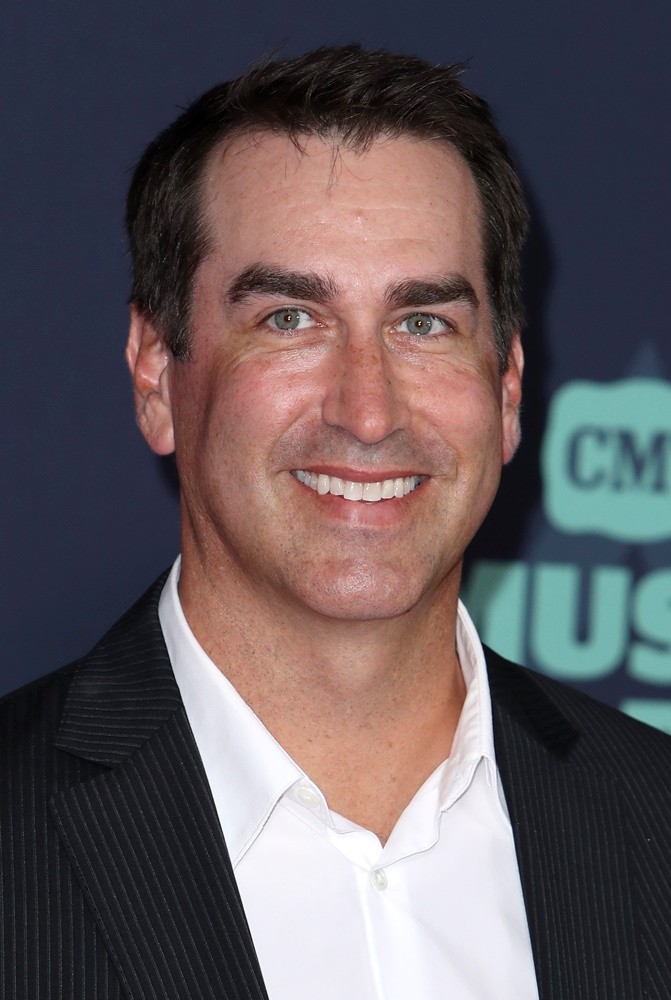


Awfully bad becomes awfully nice over time, changing from modifier to an intensifier. The transition that you are talking about is SB. If I understand Riggle, there is a new term in town called awesome who celebrates humanity at every opportunity.īleaching is a technical term that I honestly don't understand too well but can be measured using n-grams. If I understand you, the issue is semantic bleaching (SB) and a halcyon good old day that has lost all sense of awe. My way and wishes aren't half as interesting as yours and Riggle's. Sixty-Second Philosopher (Seek to 45:40) → Ian Shoales considers the overuse of the word “awesome” in American culture.

Roving Philosophical Report (Seek to 4:33) → Shereen Adel speaks to people on the street about what they think are awesome, from favorite animals to airplane food and friendships.Nick emphasizes the mutualistic relationship between social change and awesomeness and the importance of expressing our individuality in a communal way. Ray worries that they fits Nick’s definition of a “fake ass person,” but he reassures them by pointing out its condition of being deceptive about taking up social openings.

Josh points out how Nick’s theory situates awesomeness as a moral value and how it might be less accessible to certain groups of people, such as introverts. In the last segment of the show, Ray, Josh, and Nick discuss awesomeness in the context of war and its interactions with politics and social oppression. He also proposes that describing things as awesome means that they have the potential to play a role in social dynamics. Josh wonders about the relevance of expressing one’s individuality, which Nick believes can be understood through the difficulty of breaking out of social roles. Ray then asks about what it means to suck, which Nick describes as declining a social opening for no good reason. Nick provides his definition of awesomeness as being good at creating social openings, followed by various responses to these invitations and the importance of being sensitive to how they will be received. The philosophers are joined by Nick Riggle, Professor of Philosophy at University of San Diego. They disagree about whether a pro-social condition such as helping other people is necessary for awesomeness and wonder if it should only be used to describe things with an ethical dimension. Is “awesome” just a word for things we approve of? Or is awesomeness a particular kind of excellence? Josh thinks the term has become meaningless and overused, but Ray argues that it holds a definition of doing something excellent that inspires respect and admiration.


 0 kommentar(er)
0 kommentar(er)
